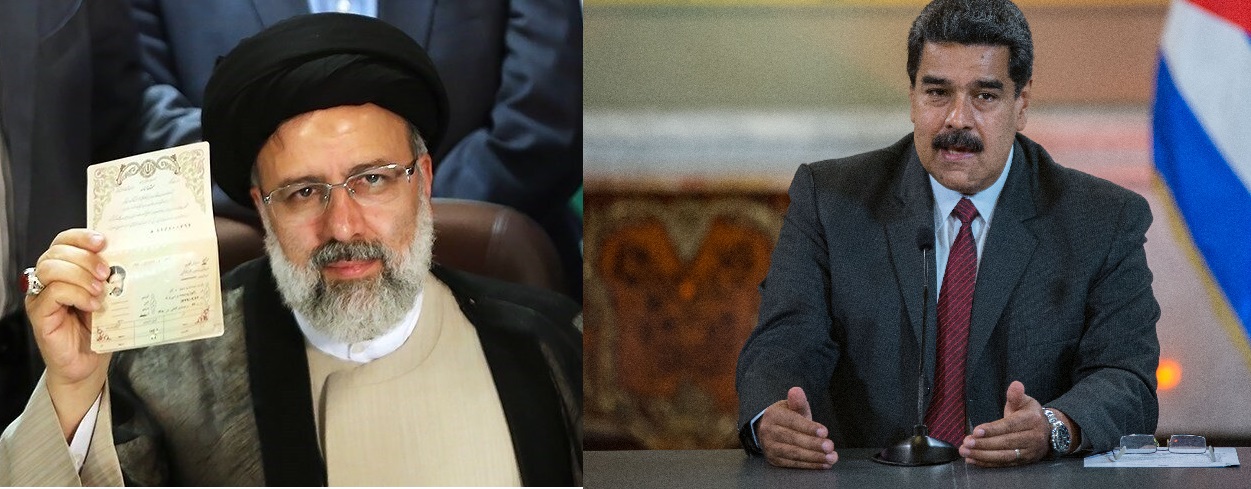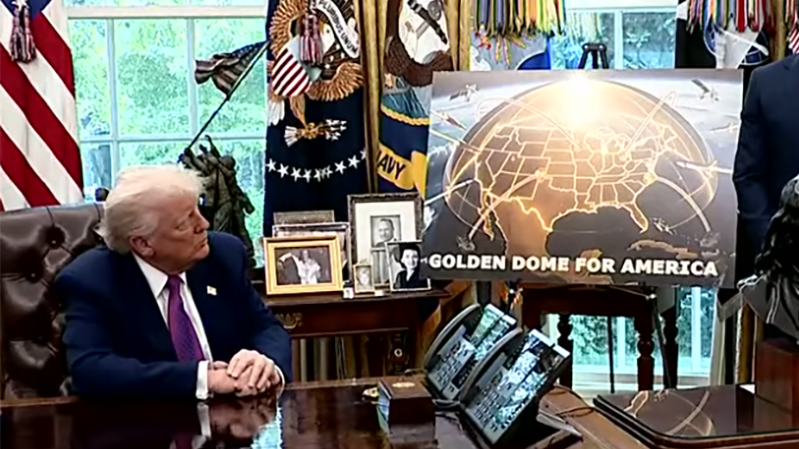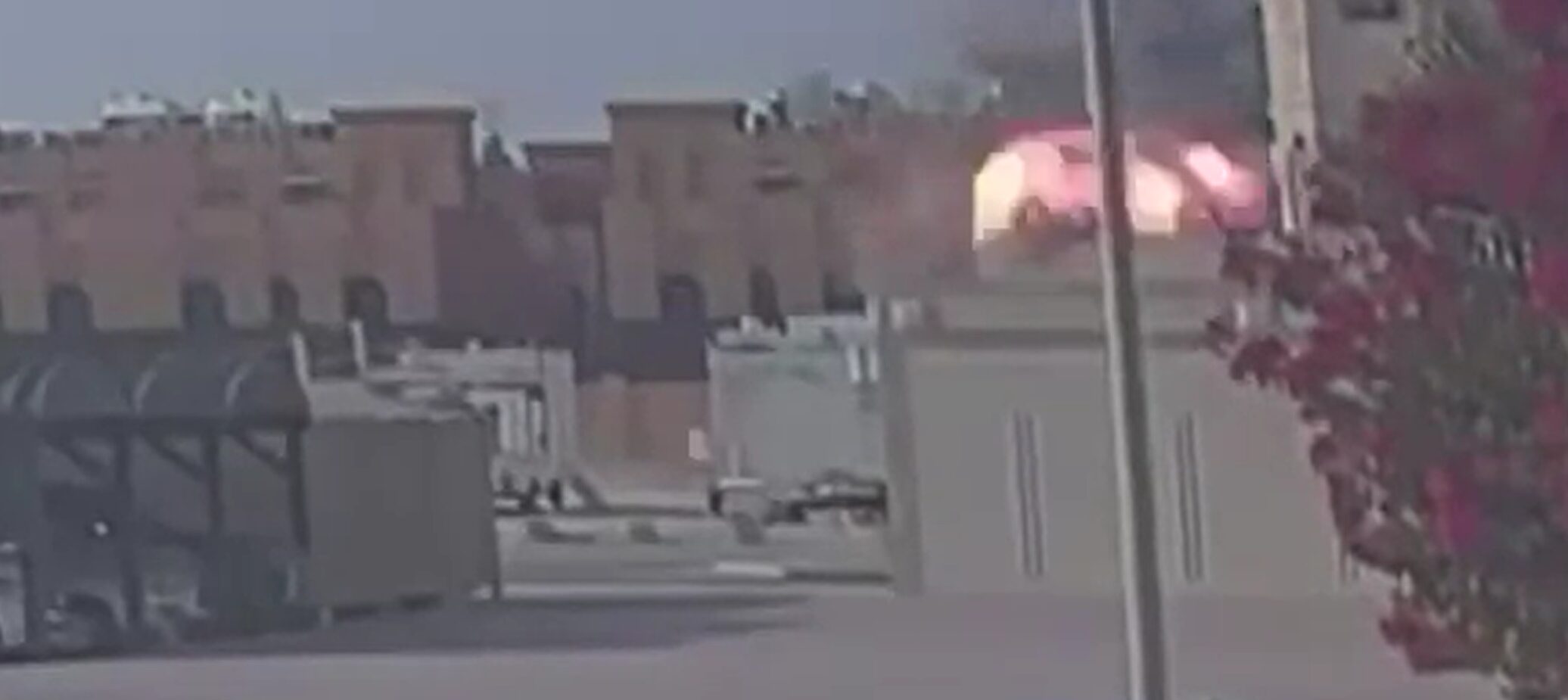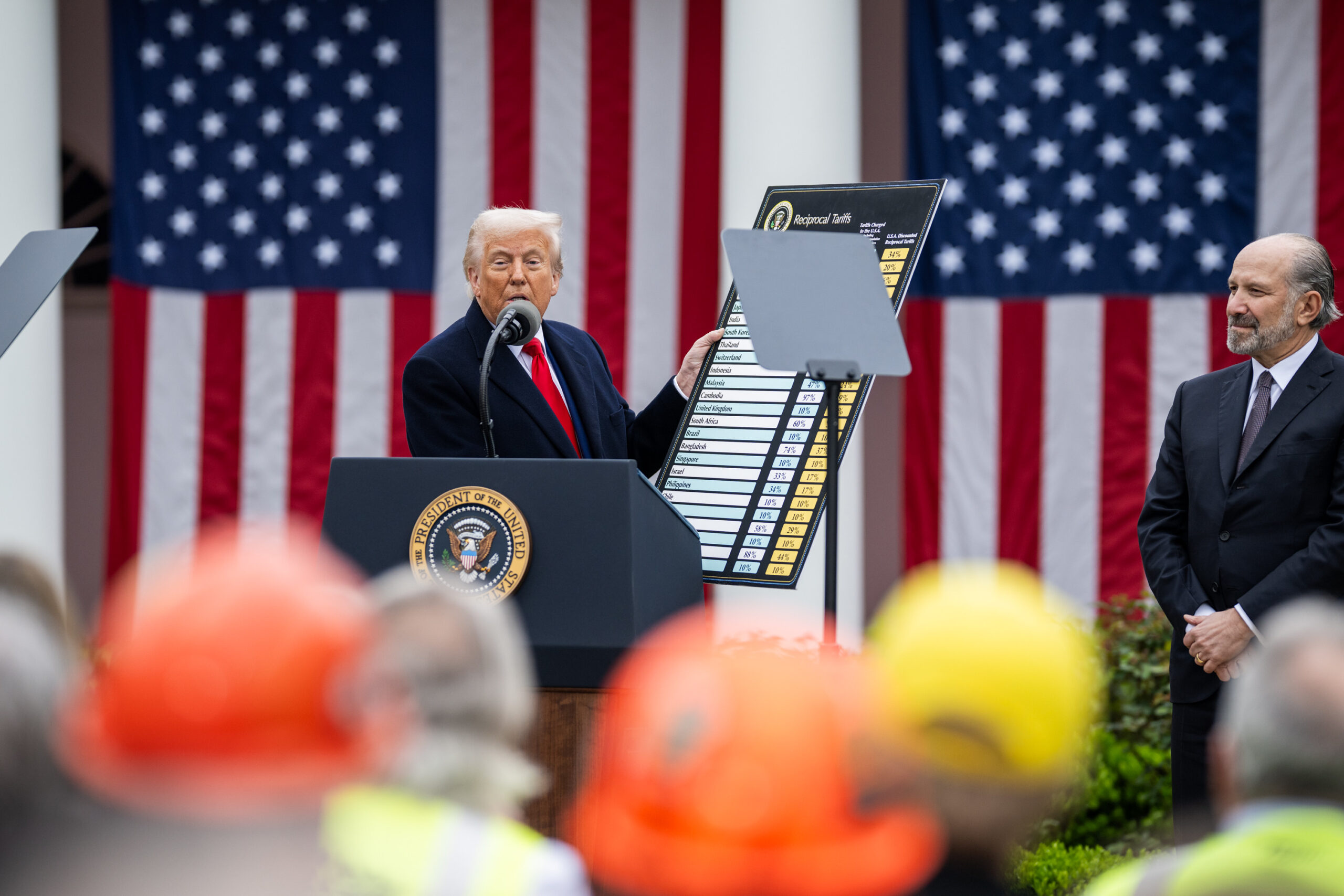End of the Empire is a twice-monthly feature on all news relating to the transition from the unipolar world of the US Empire to a multipolar world.
Following up on a successful tour of America’s enemies in Latin America and the Chinese-brokered agreement of rapprochement between once-mortal enemies Saudi Arabia, Iranian Foreign Minister Hossein Amir-Abdollahian finished up a successful visit to the Kingdom that included visits with his counterpart Prince Faisal bin Farhan and Crown Prince Mohammad bin Salman.
“Relations between Tehran and Saudi are on the right track and we are witnessing progress,” Mr. Amir-Abdollahian said in a joint news conference with his Saudi counterpart Prince Faisal last Thursday, adding that “the talks were successful”.
Then, on Friday, he met with Crown Prince bin Salman who accepted his invitation to visit Tehran. The talks were described as “frank, beneficial, and productive,” and both members of the Saudi royal family expressed their intention and eagerness to follow through on the Chinese-mediated agreement. Amir-Abdollahian added that his visit was part of a prelude to the meeting to come between the heads of state.
For decades, Saudi Arabia has used the United States as a tool to keep Iran’s economy and political influence in turmoil. The Sunni-Shia rivals have jousted in the region since relations were broken off in 2016 following the execution of a prominent Shia cleric by the Saudis.
The Kingdom has used the US to put a stranglehold on Iranian oil export, and the removal of regimes holding a sympathetic ear to Iran such as in Yemen and Syria, but as American commitments to the Kingdom’s security waned during the malaise brought about by the launching of continual Middle Eastern wars of aggression, Saudi is moving in a new direction, accepting currencies other than the dollar for use in the oil trade, accepting larger and larger cooperation with China, and now, trying to forge a new peace with Iran.
WaL reported back in 2019 that the Trump Administration’s continuous interference in the Iranian oil market would drive them to be almost entirely dependent on selling crude oil to nations that are either insulated from US sanctions reprisal by the size of their own role in the US economy, such as India and China, or because the nation buying the crude oil is already sanctioned like the Iranians—creating a black market, as the US would perceive it, of trade between enemies.
WaL concluded that rather than the sanctions bringing Iran to the negotiating table, the sanctions simply pushed them toward doing business with regimes that Washington had equal distaste for.
America’s ‘backyard’
The US has long resolved that no amount of human misery is more important than the US maintaining complete monopoly of influence over the Western Hemisphere. Incursions by foreign powers have not been tolerated, nor have left-wing governments at large. Throughout the 20th century, the US sowed chaos with coupes of state, such as in Guatemala, Chile, and El Salvador, financed violent insurrections or separatist movements such as in Nicaragua and Panama, and enforced brutal sanctions campaigns on Cuba and Venezuela.
In June this year, Iranian President Ebrahim Raisi, coincidentally pursuant to the predictions made by WaL, visited the three countries in their ‘backyard’ that the US holds in greatest contempt: Cuba, Venezuela, and Nicaragua.
35 international agreements and MOUs were agreed upon and signed by the states and Iran during the tour, which was singled out in a Congressional committee meeting as “threats”.
“We must repair our relationships with our friends in the region so that we can form a united front against the countries that invite the Islamic Republic’s terrorist regime into our hemisphere,” said Elvira Salazar, the Chair of the US House Subcommittee on the Western Hemisphere, according to Fox News.
The Cradle reporting on the visit, said that Raisi delivered several speeches in which he said the agreements would help in “circumventing US sanctions,” “boosting cooperation between independent countries,” “ending US hegemony,” and establishing “a new world order”.
“Relations between Iran and Venezuela are not normal diplomatic ties. They are strategic,” Raisi said in Venezuela’s capital of Caracas after meeting his counterpart Nicolas Maduro, adding that the two countries have “common enemies that do not wish us to live independently”.
The two leaders hope to boost mutual trade from $3 billion a year to $20 billion a year, and Maduro, as a sign of solidarity between nations long-meddled with by the US, said he plans to install a bust of Maj. General Qassim Soleimani, the Iranian mastermind of the defeat of ISIS who was assassinated by US drone strike in January 2021
“Cooperation between Latin American countries and other independent countries across regions can forge unity that can help neutralize sanctions and increase the capacities (of countries),” Raisi added, this time in Nicaragua, saying Iran has “turned threats and sanctions into opportunities”.
“When the president of Iran comes to our country under these conditions of sanctions against the nation of Cuba, it strengthens our faith and belief in Iran,” Cuban President Miguel Diaz-Canel. “Venezuela, Nicaragua, Cuba, and Iran are among the countries that have heroically confronted sanctions, threats, blockades, and interference by Yankee imperialism and its allies with a firm resistance”.
The irony of Congresswoman Salazar’s assertion that the US and friends in the region could repel further inroads into the Western Hemisphere by Iran is that during the 2022 Summit of the Americas—the largest diplomatic event in the hemisphere, it was clearly displayed that Latin America at large had no interest in the continued alienation of Cuba, Venezuela, and Nicaragua.
Biden’s White House had succinctly refused to invite any of those three nations to the summit, breaking over a decade of tradition. In response, heads of state of several countries including Argentina and Mexico boycotted the event, which say just half of the Caribbean community attend as well. WaL
PICTURED ABOVE: Current President Ebrahim Raisi registering as a presidential candidate during the 2017 election season. PC: Tasim News Agency. CC 4.0. Nicolas Maduro, President of Venezuela, in 2019. PC: Shutterstock.



